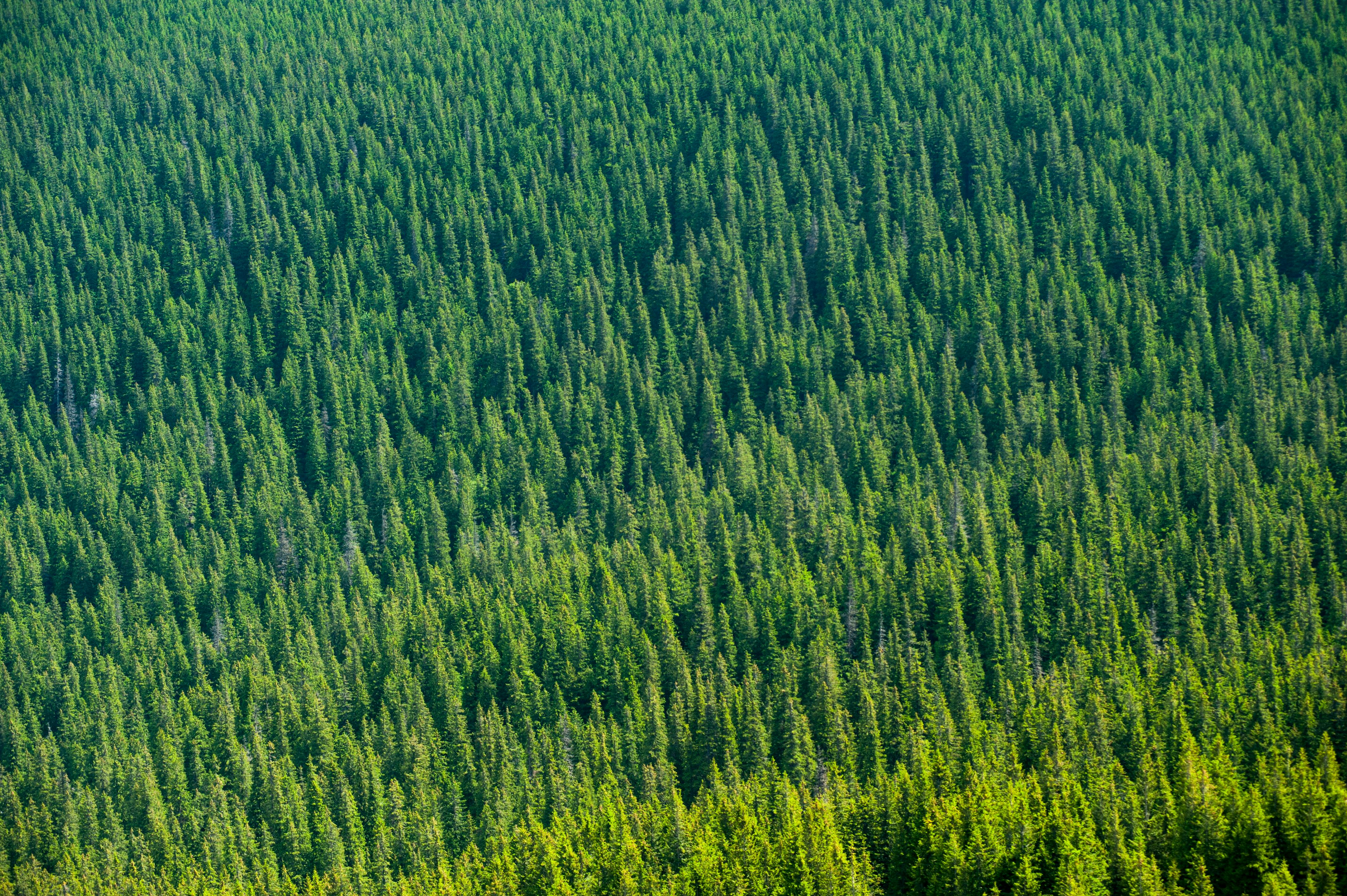The idea that is often portrayed in headlines such the one below - that carbon credits won't reduce emissions - just obscures the good work that carbon credit programs can do.
Yes, it is true that carbon credits aren't likely to have an impact on the behaviour and emissions of the major emitters. This is especially in comparison to the profits generated from the production of fossil fuels. It's more likely that less expensive renewables will have more impact on our dependence on fossil fuels over taxing them.
Emissions today are a problem. However, to fully appreciate the significance and value of carbon credits, it's crucial to look beyond the Income Statement. Instead, we should be looking at our Balance Sheet. It is time to focus on our Long Term Carbon Debit.

If Planet Earth maintained a Balancesheet that we had to use, we would have to record our essential requirements, like food availability and physical security, water security and more. as well as our long Team Debt entries our accrued levels and extreme levels in organic carbon in soils from farms, as well as the remarkable levels of degradation of mangrove forests in coastal areas It would be clear that this situation is not the result of a single-year's emissions.
So, any headline with carbon offsets can be misleading. Climate change's problems aren't just due to carbon emissions but can be traced back to the past (or even hundreds of years). poor farming practices are a major problem as is widespread deforestation and mangrove destruction and a host of other crimes.
What is the extent and severity of the damage? About 50% to 65percent of the mangrove forests in the world are gone, or significantly damaged. In many areas of the globe, agricultural land has lost as much as 80 percent of their soil organic carbon content to the point that food security is at risk.
It is time to shift our focus away from the "triple bottom-line" and towards the accumulation of credit on the balance sheet. Think of carbon credits more of an item of balance sheet adjustments that is related to total debt rather as opposed to a tax on the present emissions. A (carbon credit) is a credit that can be used to reduce (carbon), debt.
How can we cut down on the amount of debt?
The answer is straightforward. Let's look at an example. Within the CarbonNation group of funds we've established the CarbonNation Blue fund which seeks to do a very easy but highly effective thing to restore and protect mangroves. To achieve scale, mangrove forests need substantial funding. A mangrove forest of 15,000 hectares that must be replanted will cost between USD2,500 and USD4,500 per hectare. The investment is combined with three years of careful cultivation in the local community.
Additionally, it is necessary to offer more efficient algae-based fisheries for the nearby area so that any phosphorus and nitrogen waste can be removed as well as the quality of produce can be enhanced.
When the forest matures and plants grow with carbon credits, they are produced. Carbon credits are used to repay the principal as well as dividend to investors. Aside from these economic benefits, what's the benefit? An increase in mangrove cover will lead to a greater number of fish. Mangroves protect fish from predators. It is one of the primary source of revenue for a lot of coastal communities.
Mangroves with greater numbers offer protection against rising tides and coastal erosion. Most people are aware that mangroves offer the same Go to this website carbon sequestration than low-density trees. While machines extracting carbon from the air and underground storage facilities are futuristic, mangroves have been doing this for millions and decades and continue to provide our bodies with food.
While the fund has secured substantial funds and partnerships, more parties are encouraged to reach out to the fund.
This article is researched and well-written. My issue is with the somewhat misleading and negative tone of its headline, and from the content of the piece, suggests that it may be added or altered by the editor rather than the journalist.